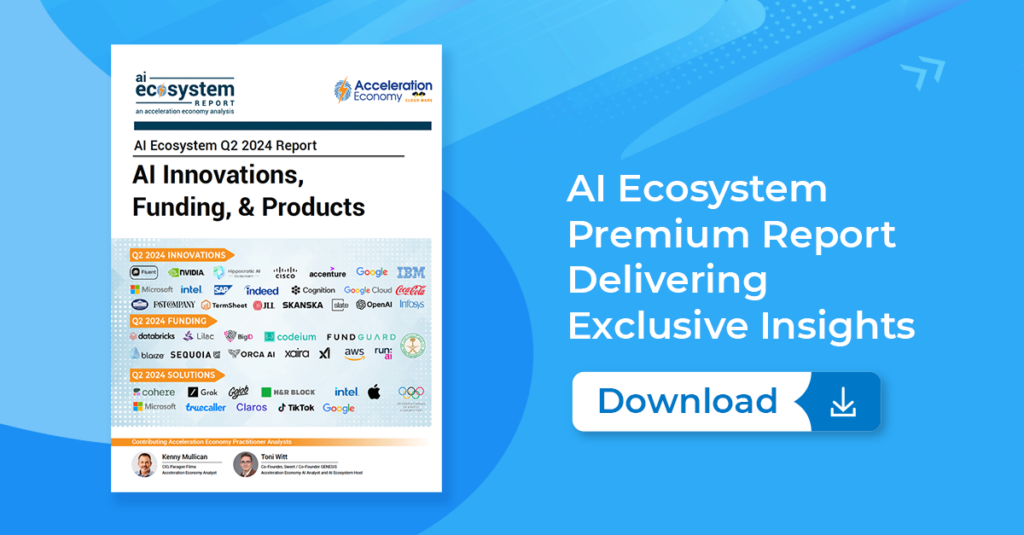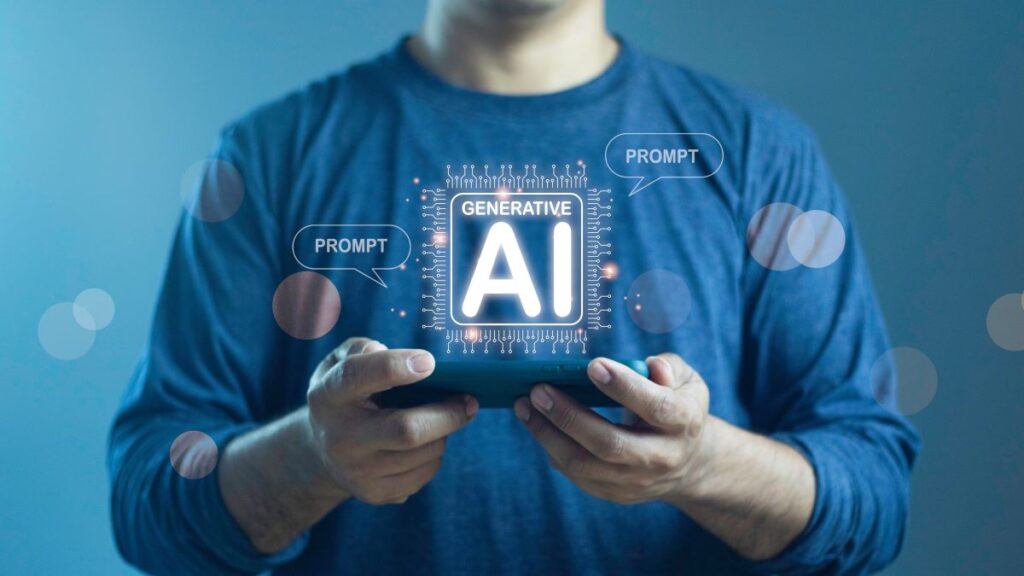
Over the past few months, I’ve immersed myself in the world of GenAI, exploring its capabilities and experimenting with its applications in various ways. This hands-on experience has shown me how incredibly helpful GenAI can be in enhancing productivity and creativity. Inspired by my personal journey with AI, I became eager to bring its value to my company.
However, as I began this endeavor, I discovered that figuring out where to start can be confusing. Questions arose, such as what specific value GenAI could bring to our organization, what strategies should be employed to ensure its effective deployment, and what high-value use cases exist for GenAI across different industries. This analysis addresses these questions and provides insight into GenAI’s potential for knowledge workers.
Boosting Creativity and Efficiency with GenAI
GenAI brings numerous advantages to knowledge workers:
- Increased Efficiency and Productivity: GenAI automates the creation of written content, such as reports and social media posts, which saves time and effort. It can also summarize large documents swiftly, enabling employees to concentrate on more pressing and high-priority tasks. This efficiency helps workers achieve more in less time, boosting overall productivity.
- Enhanced Creativity and Innovation: By providing creative suggestions and alternative ideas, AI can help overcome writer’s block and stimulate innovation. It allows for rapid iteration of content and design, enabling knowledge workers to explore multiple creative avenues quickly and effectively. This capability encourages a more dynamic and innovative approach to problem-solving.
- Better Decision-Making and Insights: GenAI analyzes data, identifying trends and patterns to provide actionable insights. This data-driven approach enhances decision-making processes across business functions.
Ask Cloud Wars AI Agent about this analysis
Strategies for Responsible, Secure GenAI Deployment
To maximize the benefits of GenAI while mitigating risks, organizations should implement the following steps:
- Develop a Comprehensive AI Strategy: Organizations should align AI initiatives with business goals to ensure they deliver tangible value. Prioritizing high-impact use cases that address specific business challenges will help organizations maximize their return on investment. A comprehensive strategy provides a clear roadmap for AI adoption and integration.
- Implement Robust Security Measures: Protecting sensitive information with encryption and access controls is crucial. Regular security audits help identify and address vulnerabilities, ensuring AI systems remain secure and reliable. Robust security measures are important as well in building trust among users and stakeholders.
- Ensure Transparency and Explainability: Organizations should use explainable AI models that deliver clear, understandable information. Documenting AI processes, including data sources and algorithms, enhances transparency and accountability. This approach helps build trust in AI systems and supports ethical decision-making.
- Engage Stakeholders and Obtain Feedback: Involving end users in the AI development process ensures that solutions meet their needs and expectations. Collecting continuous feedback helps refine and improve AI deployments, enhancing user satisfaction and adoption rates. Engaging stakeholders fosters collaboration and trust.
- Ensure Legal and Regulatory Compliance: Staying informed on AI regulations and ensuring compliance with relevant laws is essential. Collaborating with legal experts helps organizations navigate complex regulatory considerations and avoid legal pitfalls. Compliance ensures that AI technologies are used ethically and legally.
High-Value Use Cases of GenAI
GenAI offers transformative potential across various industries, including in these use cases:
- Content Creation and Marketing: AI automates the generation of content for blogs, articles, and marketing materials, allowing marketers to sharpen their focus on strategy and creative direction. It also also be used to create personalized marketing campaigns, improving customer engagement and conversion rates by delivering targeted content that resonates with audiences.
- Product Design and Development: GenAI assists in creating design prototypes quickly, enabling designers to explore multiple iterations and variations efficiently. It also automates 3D modeling and animation, reducing the time and effort required for visual content production. This capability supports faster product development cycles and innovation.
- Data Analysis and Business Intelligence: AI tools streamline data summarization, allowing analysts to focus on deriving insights and making data-driven decisions. Predictive analytics powered by AI helps organizations forecast trends and outcomes, providing a competitive edge in strategic planning and decision-making.
- Customer Service and Support: AI-powered chatbots provide personalized support by handling routine inquiries and freeing up human agents for more complex tasks. Sentiment analysis enables businesses to understand customer feedback and improve services by identifying areas for enhancement based on customer interactions.
- Education and Training: Adaptive learning platforms powered by AI offer personalized learning experiences tailored to individual learners’ needs. AI-generated educational materials and interactive content enhance engagement and educational outcomes, making learning more effective and accessible.
Conclusion
Embarking on the journey to integrate GenAI into my company has been both exciting and enlightening. Through my personal experiences, I have seen firsthand the transformative power of AI in boosting productivity and creativity. However, successful adoption requires more than just understanding the technology; it demands careful planning, attention to ethical considerations, and a commitment to ongoing learning. It’s crucial to equip our teams with the tools and knowledge they need to thrive in an AI-enhanced world. By doing so, we can unlock the full potential of GenAI and position our organizations for long-term success in the AI era.

The AI Ecosystem Q2 2024 Report compiles the innovations, funding, and products highlighted in AI Ecosystem Reports from the second quarter of 2024. Download now for perspectives on the companies, innovations, and solutions shaping the future of AI.










